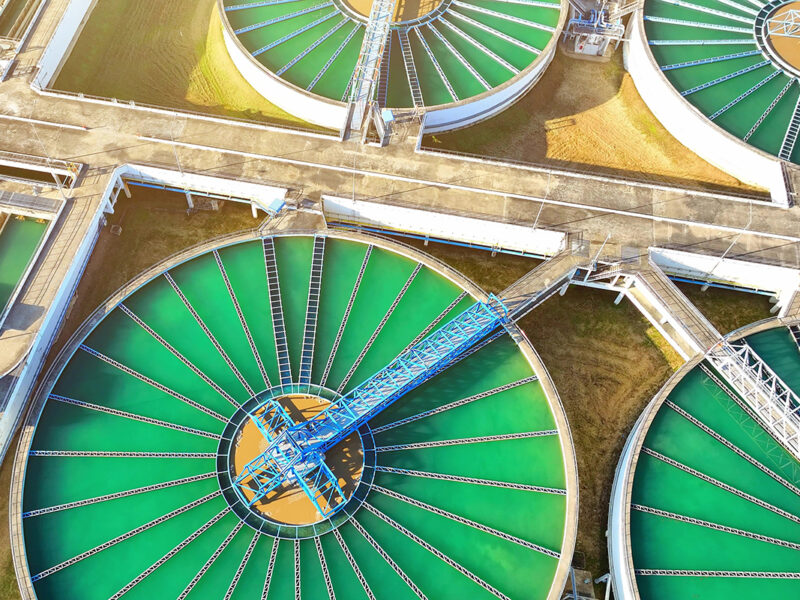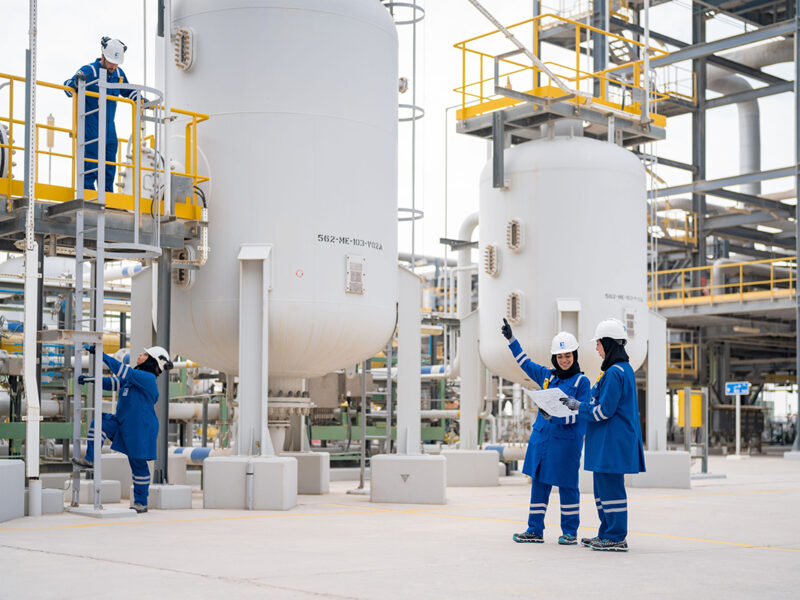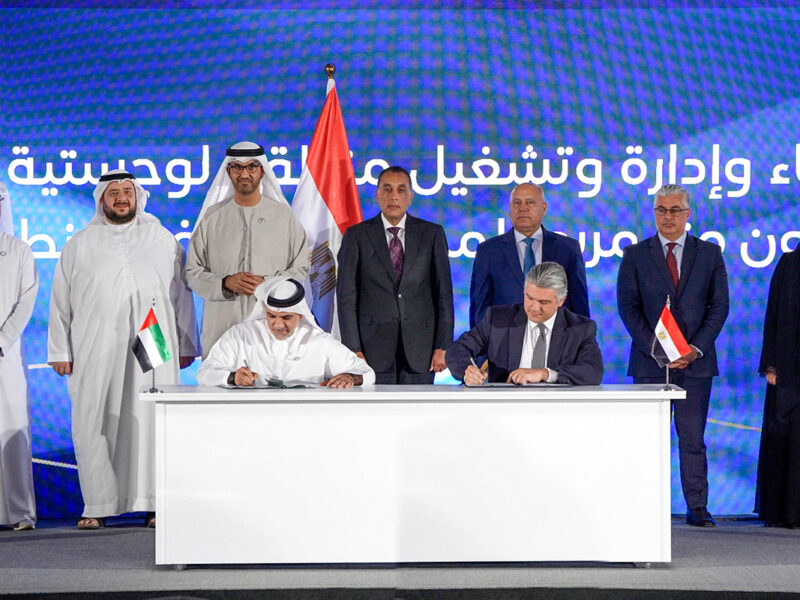Dubai’s Emaar Properties surges to a 51-month high as upbeat research reports from international banks bolster sentiment for the Dubai Financial Market’s largest listed company.
Emaar climbs 5.7 percent to AED5.01, its highest finish since November 2008. In the more than four years since that peak, Dubai property prices have crashed, ravaging the sector and leading to a slew of cancelled or postponed projects.
Emaar has sought to offset this slump by diversifying into retail and hospitality and its shares are up 33.6 percent this year.
In a February 4 report, Bank of America Merrill Lynch gave Emaar a buy rating and a target price of AED5.3, while HSBC’s February 7 report gave the developer a target price of AED6 and an overweight rating.
“We continue to be surprised by the strength in the Dubai property market, on the residential, hotel, and retail side,” HSBC wrote. “Supply additions are still a concern but not as much as in the past.”
Traders say these reports have helped buoy sentiment for Emaar, with property prices also bottoming out and even increasing in some districts after declines of about 60 percent from their 2008 peaks.
Investors also seem to have shrugged off the Emaar’s 28 percent drop in fourth-quarter profit.
Emirates NBD, Dubai’s top bank by market value, rises 1.6 percent, while builder Arabtec adds 2 percent.
Shuaa Capital falls 1.6 percent after it reported a narrowing fourth-quarter loss.
Dubai’s index climbs 2.2 percent to 1,900 points – its highest finish since November 30, 2009 – to be up 17.1 percent this year. The benchmark now has a relative strength index reading of 75.2, with a value above 70 typically indicating it is overbought.
In Abu Dhabi, the measure falls 0.5 percent to 2,894 points, easing from Thursday’s 34-month high.
More than 386m shares change hands, the highest total in at least two years, although nearly half of this trading is in RAK Properties, which surges 7.8 percent to AED0.55.
RAK Properties is not among Abu Dhabi’s 30 largest companies by market value and tends to be a target for retail investors, who try to make a profit on small price movements.
Traders book gains in financial stocks, with First Gulf Bank down 0.8 percent from Thursday’s four-year high and Abu Dhabi Commercial Bank dropping 1.9 percent.
In Kuwait, late buying helps the main price index end 0.07 percent higher at 6,293 points.
The measure rose 2.1 percent in 2012, but is up 6 percent already this year.
Yet this early-year surge is unlikely to be maintained, says Naser al-Nafisi, general manager for Al Joman Center for Economic Consultancy in Kuwait, forecasting the benchmark will end 2013 around 10 percent higher.
“It will be volatile,” he says.
Only about 20 of around 150 Kuwaiti companies have announced their full-year figures, Nafisi estimates, with Kuwaiti firms not required to report until March 31. The late earnings season is aiding market speculation as traders bet on likely results, he adds.
Oman and Qatar both make minor gains to end at 5,862 and 8,770 points respectively.








